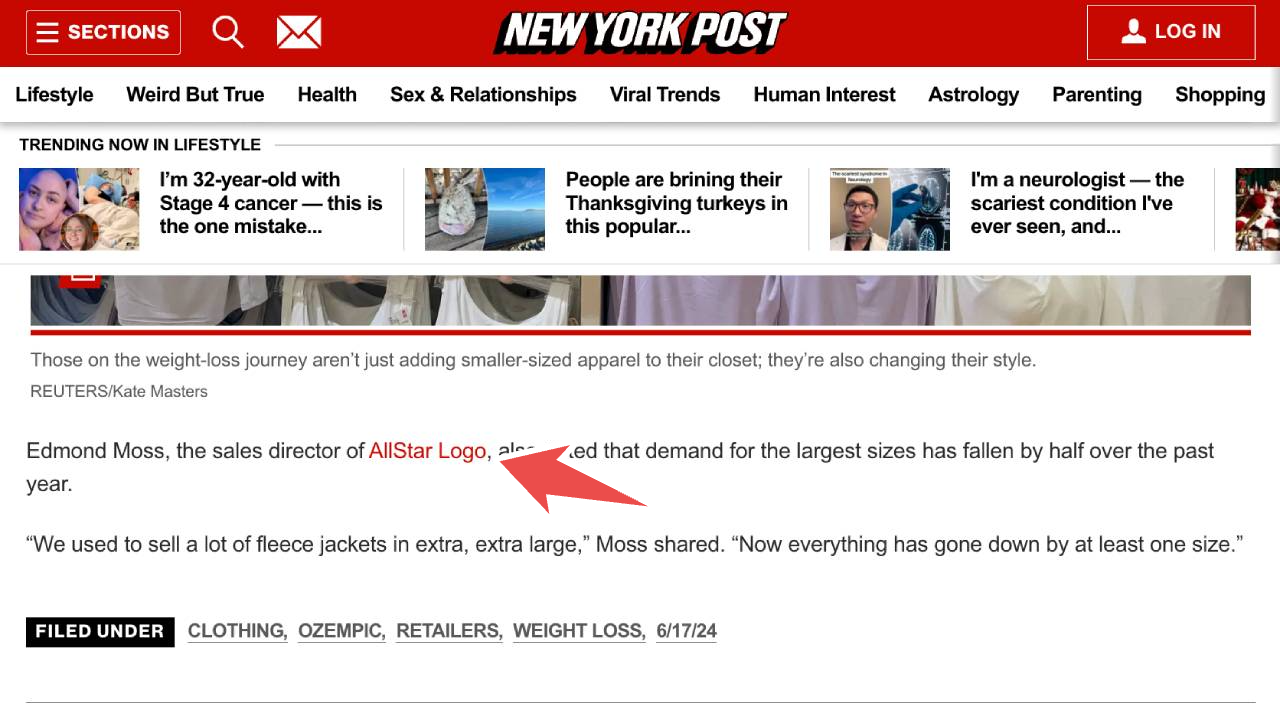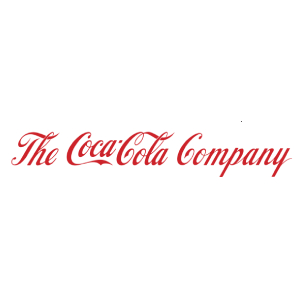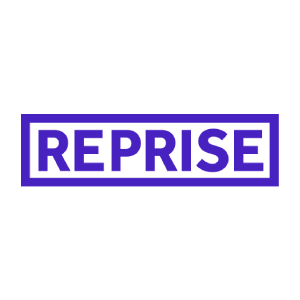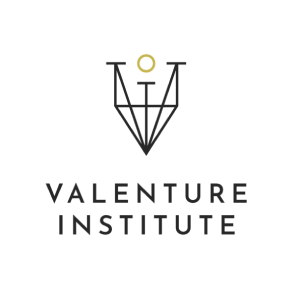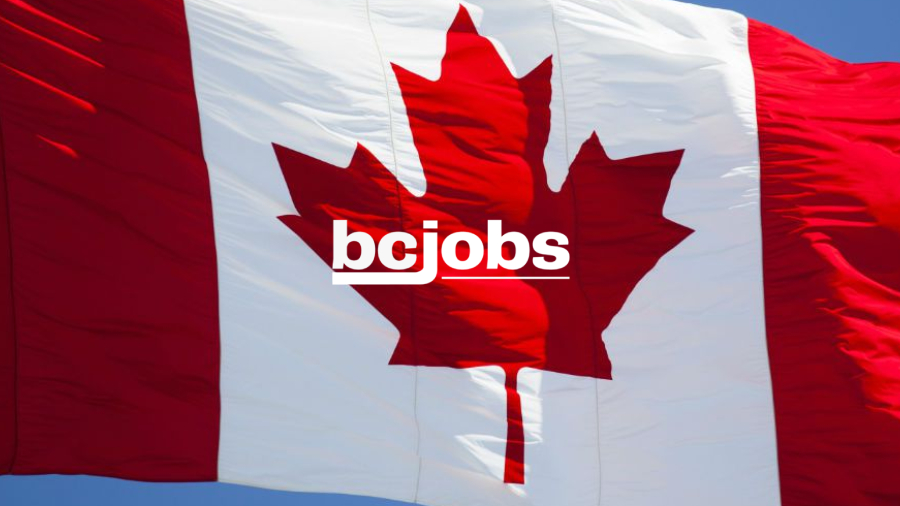SEO stands for Search Engine Optimization. It’s the process of improving the visibility of a website or webpage in search engines via the “organic” or unpaid search results – usually accomplished by using relevant keywords and meta tags, along with implementing various changes aimed at making both the content and code of a webpage more appealing to both visitors and search engines. The practice also focuses on ensuring that all important elements (e.g., Title and Meta Tag) are highly optimized to achieve maximum possible click-through rates from SERPs (Search Engine Results Page).
The major search engines have certain criteria for their web pages which they use to rank them in searches. Some factors affecting rankings are: Popularity of a page External links to the page On-page optimization (Title tags, Meta Tags, etc.) Relevancy of keywords to particular topics or products These factors are used in combination with an algorithm. This is a structured set of rules that search engines such as Google use for ranking web pages. In addition to these criteria, search engines also track numerous other pieces of information about each webpage and website. Some key points include: How often is a site updated? Does it have high bounce rates? Is it mobile-friendly? The information collected by the search engine is then used to generate a rank for every website and your position in the organic listings will depend on where you fall within that rank.
Blogs are a key part of search engine optimization as you’re able to convey more ideas and input original content since it is being written about a topic that you have knowledge of. This, in turn, helps your website rank higher because the more relevant information that you provide, the more likely people will link to your site or even write a blog post about it. This drives more people back to your site and allows you to rank higher in the search engines for keywords related to your blog posts.
SEO Outsourcing is the practice of obtaining services from an external provider, rather than doing SEO yourself. An appropriate outsourced website SEO service will give you access to a specialized skill set not usually found in-house. These are provided by outside sources that have already gained expertise in an area of SEO and can be hired to provide services at a much lower price than if you were to find someone within your company who could do it in-house.
A quality link is defined as a website deemed by search engines, such as Google, to be relevant and useful for the searcher. The better quality links your site has pointed to it, the higher you will rank in searches for keywords related to that page or website. You can obtain these high-quality links in many ways; usually through content marketing strategies such as blog posting and guest blogging.
On-page refers to all of the content found within a webpage while off-page refers to links coming in from external sources. They work together in order to help your website rank higher and both are essential for successful SEO campaigns.
On-page SEO refers to the content of a webpage, or how it is formatted. This includes information such as titles, Meta tags, headings, subheadings, etc. These are all important factors that work together in order to help your website rank higher since they inform search engines what the page is about and entice them to keep your page closer in their listings. On-page factors are an important part of successful website SEO services.
SEO agencies help businesses by getting more clients the free, targeted traffic that is generated when keywords drive searchers to your site. You can then convert these potentials into actual sales or services in order to increase company revenue and expand your customer base.
The algorithm is constantly changing and so it’s hard to say what will happen after the Panda 4.0 update, which has swept through websites and cleaning house of poorly developed pages with low-quality content and bad linking schemes. The Penguin is another update that limits the potential of websites using black-hat SEO and bad linking schemes. This has caused websites to lose their rankings in order to clean up the SERPs. It seems like Google didn’t want these poorly optimized pages near the top and wanted to make room for websites with higher quality content and better optimization.

